9, August 2024
Biya regime facing severe fiscal pressures amidst Amba crisis and conflict 0
Cameroon, the second-largest economy in Central Africa, is under pressure to enhance its economic performance, according to a recent World Bank report. Despite successfully reducing its fiscal deficit to 1.1% of GDP in 2022, primarily through cuts in public investment, the country now faces critical challenges in tax collection and public spending.
Key Points:
Fiscal Adjustments: Cameroon achieved a notable reduction in its fiscal deficit over six years but did so by slashing public investment. This approach has led to low public expenditure levels, impacting the quality of public services and infrastructure development.
Revenue and Spending Concerns: The World Bank emphasizes the need for a comprehensive medium-term revenue strategy to boost tax collection efficiency and address spending inefficiencies. Social sectors, particularly health and education, have suffered due to under-investment.
Taxation Issues: Direct taxes and international trade levies have underperformed, leaving the country overly reliant on value-added tax.
Urgent Financing: Amid high US interest rates making dollar borrowing costly, Cameroon recently issued $550 million in dollar bonds, indicating pressing financial needs.
The report underscores the necessity for targeted spending and better fiscal management to spur economic growth in Cameroon.
Source: worldbank.org
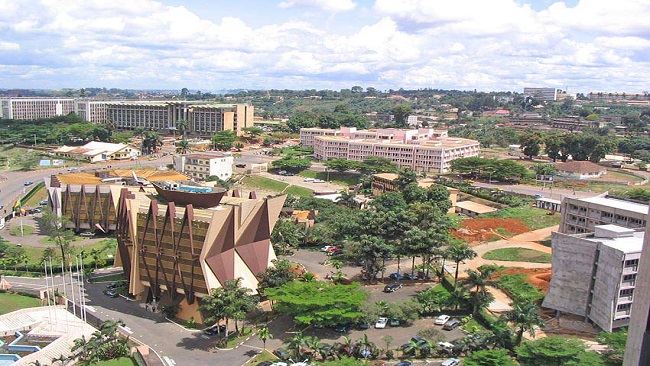
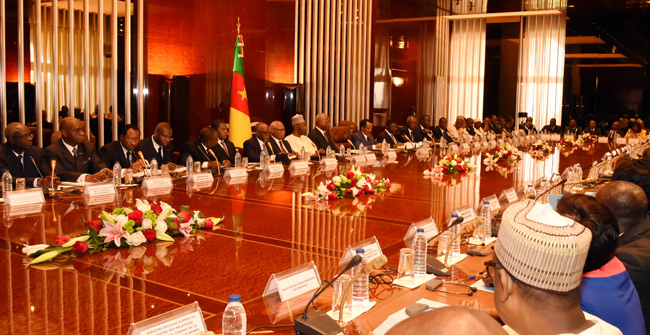
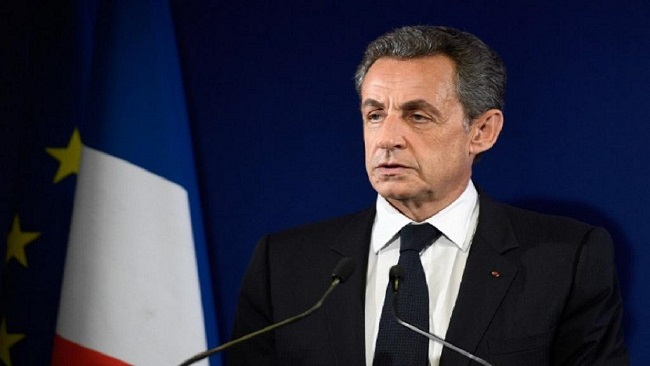

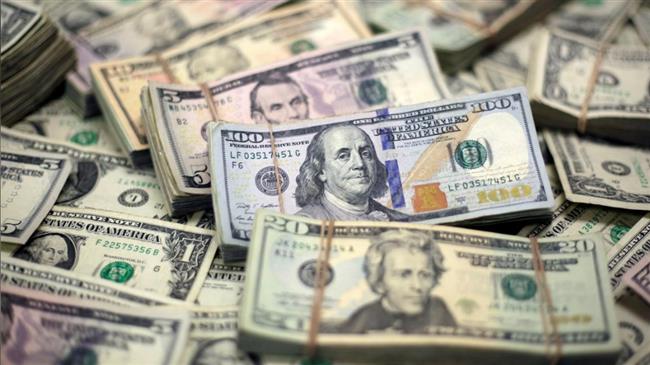
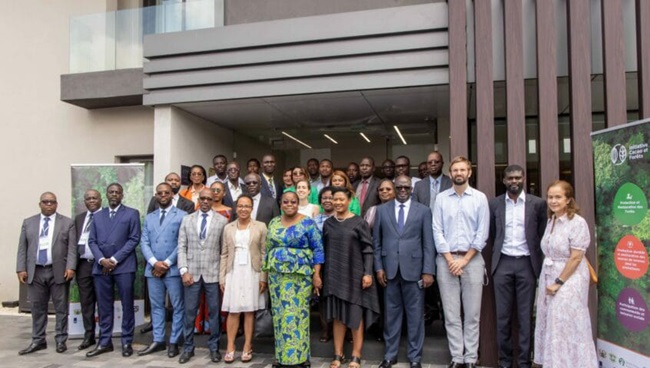

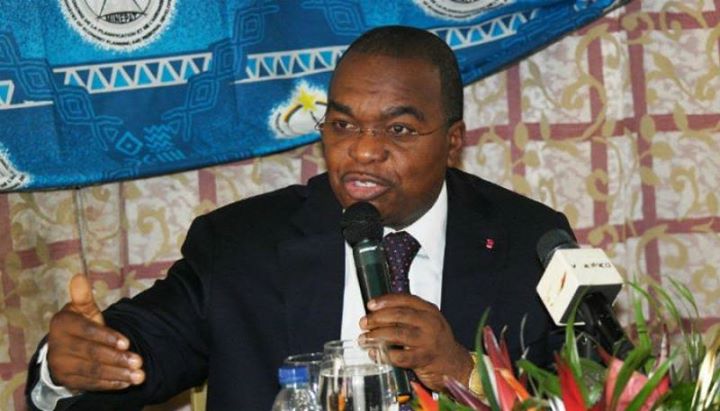
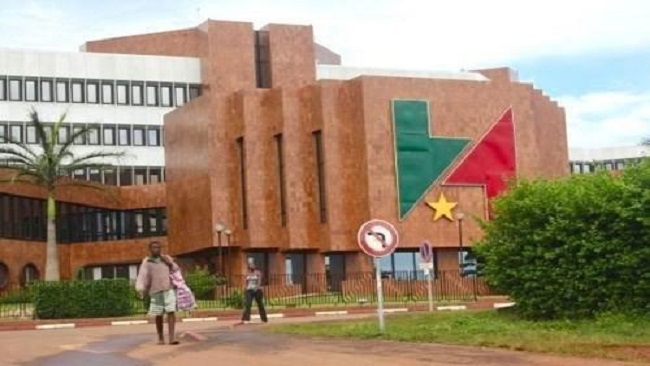


















9, August 2024
Camair-Co pilots plan nationwide strike from Aug. 13 0
Unionized Camair-Co (QC) pilots affiliated with the Union of Airline Pilots and Flight Engineers of Cameroon Civil Aviation (SPINAC) plan to strike indefinitely across Cameroon beginning Aug. 13. The strike is being called due to flight safety concerns and to demand improved working conditions, among other issues.
Increased demand for airline tickets serving similar routes is likely for the duration of the strike. Lingering disruptions are possible in the hours following the end of the strike.
Source: Crisis 24